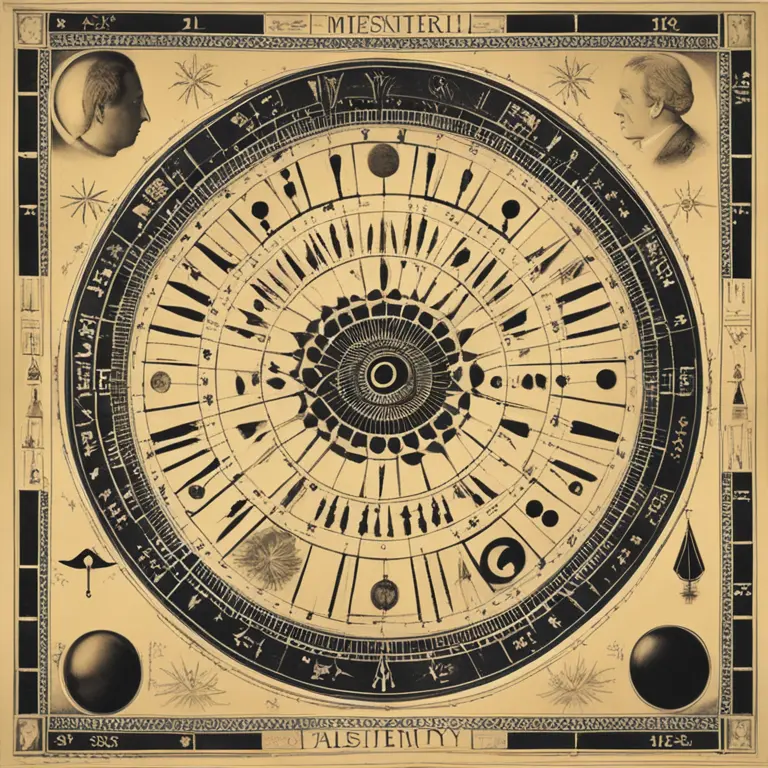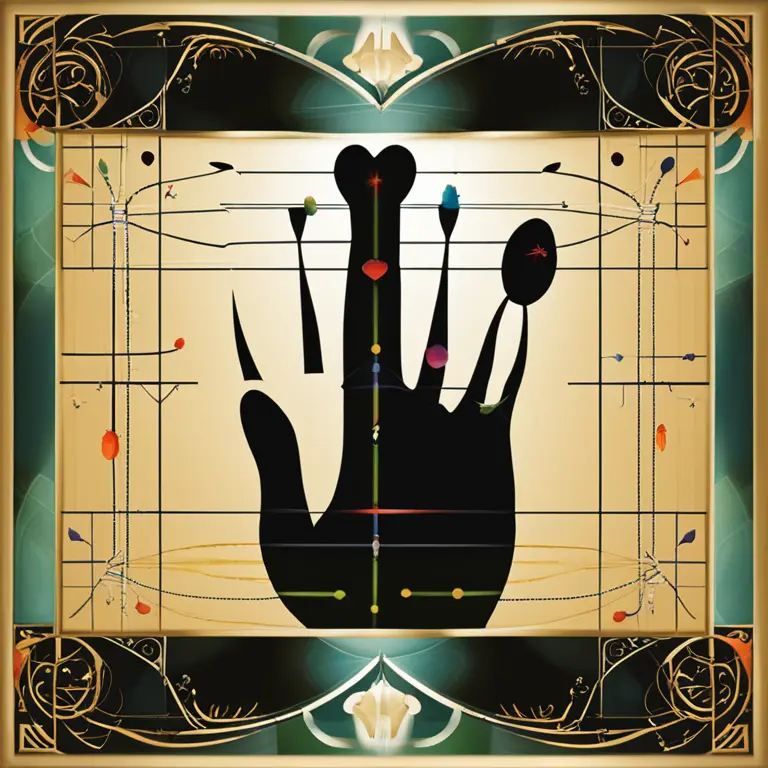
The Accuracy of Palm Life Lines: A Modern Evaluation
Investigate the reliability of palm life lines in palmistry and their role in forecasting life events according to the latest insights.
article by Nora Pennington
Introduction to Palm Life Lines
In the enigmatic realm of palmistry, life lines are among the most scrutinized features in an individual's palm. These lines, believed to reflect one's vitality and life vitality, often catch the eye of those yearning for insights into their personal trajectory. However, does contemporary knowledge validate the precisions of these palm-life narratives? This article delves into the accuracy of palm life lines and their place within the broader scope of palmistry in a modern context.

Palmistry's Historical Context
Palmistry is an ancient practice with roots that traverse across different cultures and ages. Known also as chiromancy, it has evolved through time, assimilating varied interpretations and techniques. Today, the interest in palmistry persists, encouraging a blend of traditional beliefs and the incorporation of new-age scientific observations. Despite skepticism, palmistry endures as a popular form of self-discovery and forecasting, frequently intersecting with astrology and other metaphysical disciplines.

Understanding Life Lines
The life line is traditionally understood to be the arc curving around the thumb, providing insights into one's health, well-being, and life changes. It is one of the three fundamental lines palmists examine, the others being the head and heart lines. Life lines vary in length, depth, and clarity, leading palmists to draw diverse conclusions about an individual's resilience, major life events, and even lifespan—although the latter is a highly debated and contentious topic in modern palmistry.

Scientific Scrutiny of Palm Reading
Demand for empirical validation has seen palmistry subjected to scientific scrutiny, with mixed responses. Multiple studies suggest that certain features of the hand might correlate with genetic traits or environmental factors, yet the predictive accuracy regarding specific life events or longevity remains elusive. Professionals within the fields of psychology and genetics often regard palmistry's predictive capacities with skepticism, advocating for evidence-based approaches.

Contemporary Perspectives on Life Lines
Contemporary palmists position themselves as guides rather than fortunetellers, presenting the life line as a map of potential rather than a deterministic forecast. The notion that these lines are markers of an immutable destiny is now considered a misconception. Instead, current readings emphasize adaptability and personal growth, seeing these lines as indicators of energies and tendencies rather than set paths.
Reliability and Personal Interpretation
The reliability of palm life lines' accurateness is further complicated by the highly subjective nature of its interpretation. Even among seasoned palm readers, interpretations can vary significantly due to differences in training, intuition, and experience. Consequently, the practice often recommends multiple readings and encourages individuals to approach the interpretations as one of many tools for self-reflection and decision-making.
Conclusion: The Role of Life Lines
In light of the latest perspectives, life lines in palmistry are not straightforward scripts written in the palms of our hands but are insights subject to change and personal growth. While their accuracy might not meet scientific validation, they hold a unique place in the sphere of personal exploration. Readers are advised to engage with palmistry not as a strict doctrine but as a source of introspection, leaving room for one's agency and the unpredictable nature of life.
Published: 1/11/2024
Modified: 1/12/2024
More predictions
Come back here soon to learn more about yourself and your future


Can Palmistry Predict Your Path Incorrectly?
Delving into the accuracy of palm readings, this article examines whether palmistry can lead to incorrect predictions about one's life and destiny.


The Essence of Palmistry: Interpreting Lines and Shapes
Delve into the world of palmistry to discover the meanings behind the lines and shapes etched into the palms of your hands.


Palmistry: The Historical Overview
Delve into the dawn of palmistry and trace its journey through the corridors of time, uncovering the roots of this ancient practice.